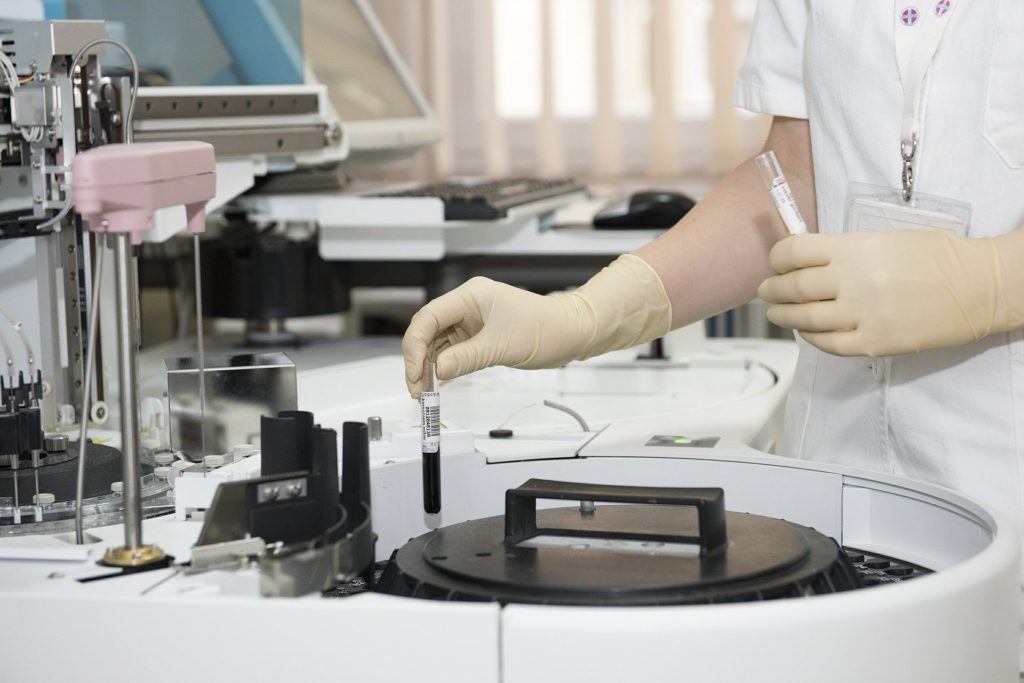Description: Science Tutor Usama uses his experience to craft a medical school application guide for students aspiring to enter the field of medicine.
Applying to medical school requires some long term planning from the onset of Higher Education. It is your job to make sure your application is strong and well-developed. Here is a guide to help you work through the application process.
A-levels:
Your A-Level results are very important; you must make sure that your revision and assignments are up to date. This includes your core practical tests. Make sure your revision technique is time-efficient so that you prevent over-working yourself and burning out.
UCAT/BMAT:
These are entrance examinations that you have to take in order to gain a chance to progress in your medical school application. Some universities require the UCAT and some require the BMAT. Depending on which universities you apply to, you will sit the relevant exams. Most students end up sitting both.
Personal Statement:
This is a statement of a maximum limit of 4000 characters where you describe and explain who you are and why you would be a suitable candidate for medical school. Here you talk about your work experience, personal interests and any specific medical future aspirations. You explain why all these aspects of yourself will make you a good medical student and hence doctor. Try not to sound cliché and instead promote yourself as a unique individual.
Interview:
During the interview, your interpersonal communication skills and many other skillsets are tested to assess whether you should be given an offer. Here your interview could be MMI-styled or traditional. Research these to prepare yourself for whichever style your interviewer opts for.
Work Experience (including paid jobs):
This is used in your personal statement and/or interview. Here, you elaborate on your past experiences. You describe events you have been through and explain how your manner of dealing with them proves that you will be good at taking histories/ interacting with patients. You will further explain any challenges you came across in order to demonstrate your resilience and how this will make a good medical student.
Projects:
If you have done any extra projects you can describe what it is you have done and how the skills you learned increased your suitability for the placement. For example, an EPQ project displays research skills and display an interest in medical research.
Extra-curricular activities:
If you partake in non-academic activities such as sports or extra-academic after school clubs, you can describe how these activities are important in making a good student and hence doctor. For example, you may be part of a football club and you can say that the teamwork and communication skills you have developed will prove effective in a multidisciplinary team.
Final Word:
Working in the field of medicine is not only a rewarding job, but a true vocation. If you are considering this as the career for you, commit your mind and heart to the goal and stay focused. Most of all, enjoy the process and celebrate all of your successes. Good luck on your journey to becoming a doctor!
Interested in One-to-One Tutoring? Contact us.

